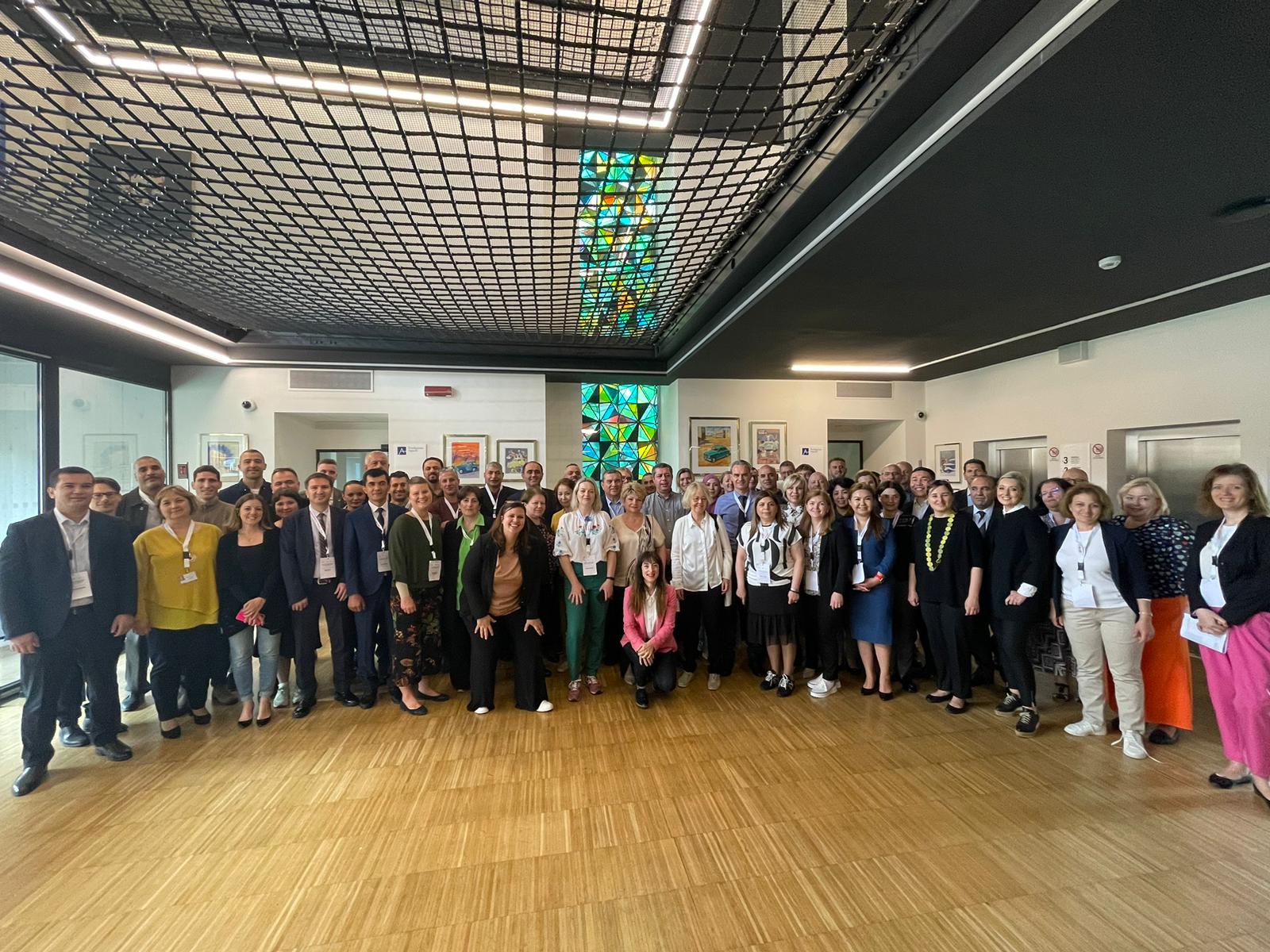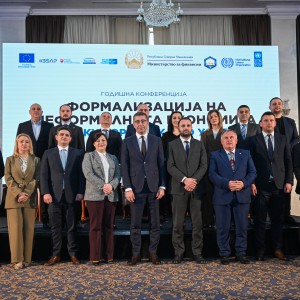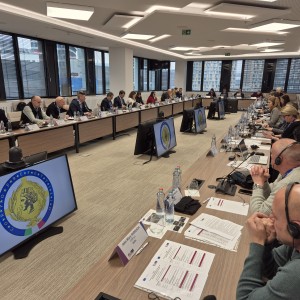News
25 May 2023 |News
RCC ESAP 2 Takes Part at ETF’s Workshop "Evidence Consolidation and Use in Active Labour Market Policies and Transition to Work"

RCC ESAP 2: Participants of the ETF’s Workshop "Evidence Consolidation and Use in Active Labour Market Policies and Transition to Work" (Photo: ETF)

RCC ESAP 2: ETF Workshop's Panel Discussion „Updates on EU, ETF, and Other Organizations in the Field of Skills and Youth Transition“ (Photo: ETF)
Turin, 24-25 May 2023 - The European Training Foundation (ETF) organised a workshop focused on evidence use and consolidation in the fields of Active Labour Market Policies (ALMP) and transition to work. The event aimed to facilitate knowledge sharing and mutual learning among participants, specifically emphasizing the dimension of skills.
Ratka Babic, Acting Team Leader of Regional Cooperation Council’s (RCC) Employment and Social Affairs Platform 2 (ESAP 2) project, actively participated in the panel titled „Updates on EU, ETF, and Other Organizations in the Field of Skills and Youth Transition“, where she gave an overview of the labour market patterns in the Western Balkans economies. The region’s labour markets remain characterized by low activity, especially of women and youth, high unemployment and long-term unemployment rates as well as high rates of undeclared work. Additionally, general lack of labour force, especially of skilled labour because of brain drain, skill mismatch, low investments in ALMPs, and unavailability of comparable and relevant data for quality monitoring pose serious challenges for positive labour market outcomes.
Referring to key findings of the Study on Youth Employment in the Western Balkans, produced by the RCC ESAP 2, and raising concerns over employment opportunities of young people constantly pronounced by an annual public survey of the RCC, Balkan Barometer, Babic emphasized that the plan for gradual introduction of Youth Guarantee initiative in the region should pay special attention to improving performance in reaching out to youth who are not in employment, education or training (NEET).
The main topics of the event revolved around the availability of ALMP statistics in the European Union, measurement, approaches, key challenges, with Sweden and Denmark sharing their experiences in datasets, monitoring and evaluation procedures. Eurofound and ETF shared information on new research on living, working and learning. The two-day event successfully concluded with recent developments at the European level in the realm of labour statistics, and a wealth of knowledge exchanged during fruitful discussions on youth transition to work, skills mismatch, and job surveys.





